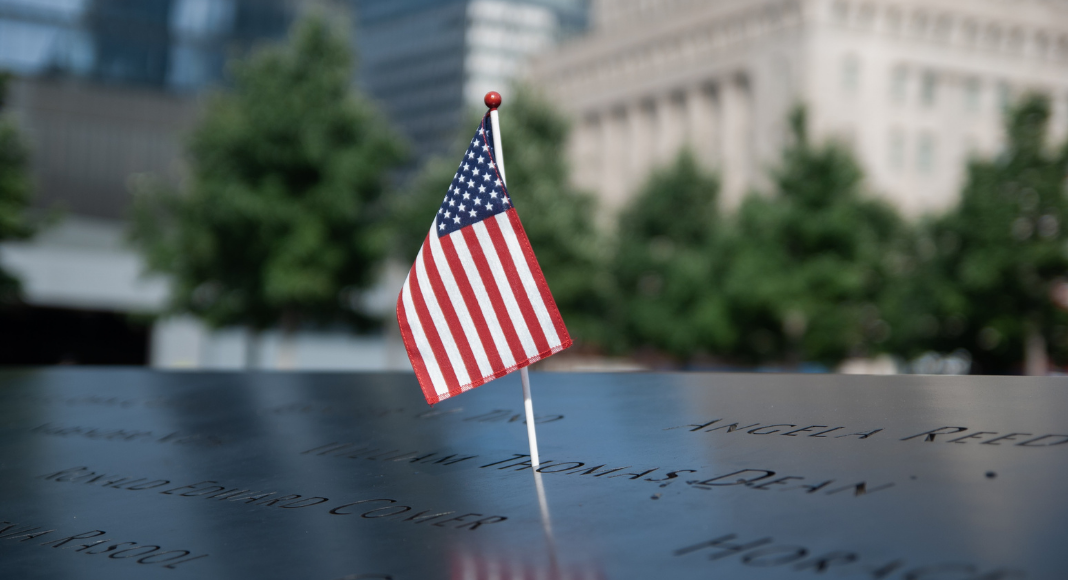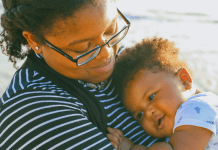It is worth noting I am not a child psychologist and I am often asked questions before I have time to research the proper way to respond. I fumble, mess up and then have to correct my mistake.
So last week when my 10-year-old came to me and asked me, “Mom, I know what 9/11 is, but what really happened?” I probably said the wrong things. “Well, love, you know about the airplanes, right?”
“Yes, they crashed them into the buildings.”
“Right. There were four airplanes and three were crashed into buildings. The fourth plane, the passengers somehow got information about the other airplanes and fought back. That plane ended up crashing into a field.”
He looked at me, with his mouth gaped open. “Why would people do that? All the people on the planes died?”

“On the planes and in the buildings. Terrorists do terrible acts to cause terror. Control, power, taught to hate another group.” I didn’t go into the political side of it and probably should not have used such a broad stroke in describing terrorism.
I continued, “But you don’t need to be scared. There are a lot of changes they have made in the security of planes since that day. They have screenings you have to go through and people who are not on the flight are not allowed to go back to say goodbye anymore. It is very different than it was before 9/11.”
His eyes stared ahead, trying to comprehend.
The thing with my youngest is when he does not understand a topic, he will ask and research and dwell on it until he does. It makes for a hard balance of trying to give him age-appropriate information, which usually does not satisfy his curiosity, and giving him enough that he does not turn to YouTube or Google to continue investigating.
“But kiddo, I want you to know there were tons of helpers in this moment. New York is generally a very busy city, and people rush about in their own world. In the middle of this moment, they ran to the scene. People from all over the country gathered to help the city. We were pretty divided as a country at that time, and suddenly we weren’t Democrats or Republicans, we were Americans and we bonded together to fight this moment. The passengers on the plane… they are heroes. Because of them, another building wasn’t crashed into…”
“Mom, I can’t talk about this anymore. I want to because I want to know all about it… but I don’t…” his voice cracked and he swallowed. “I don’t think I can yet. It is too much for me. Maybe when I am 15.”
“Okay, kiddo. I know it is hard and scary and a lot. I will end with this. Mr. Rogers was a man on television when I was young. There is a quote by him that says in times of really upsetting events, his mom would tell him to look for the helpers. Remember, there are always helpers.”
“I want to be one of the helpers.”
“I know. I have no doubt you will be.”
This is where had I have known this topic would be coming up, would have researched all the better ways to explain 9/11 to my 10-year old. My daughter is a public school kid and they talk about 9/11 in school, so my need to explain the details to her is limited, but my son is homeschooled, so it falls on me to get it right.
With time to research, this is what I would have focused on.
Asking questions first.
Instead of jumping into the conversation by telling him what I think he wants to know, I should have asked questions first. “What would you like to know?” or “What about 9/11 is confusing?” or even “How does the topic make you feel?” From here, I would be able to guide more of the conversation to the actual information he was looking to obtain.
Listen deeply.
Listening is not just in reference to the words escaping your child’s lips. This also concerns body language. In the case of my son, his open mouth and worried eyes cued me in that he was getting overwhelmed by the topic. Instead of brushing off any emotions that come up, validate them, empathize, and if they are not wanting to talk, allow silence.
Use facts and preparation.
With 9/11 around the corner, you have time to prepare with facts about the day. Being mindful of the age appropriateness of the facts, you can provide information to their questions, or if your kids are older, offer reputable websites to help their deeper understanding.
Facts and figures can help you remain calm and tamper your own anxiety in talking about such a hard topic. With my son, I emphasized a plane crash is rare and they can see the storm patterns before they leave, often re-routing or canceling flights if the weather was too bad to fly through. This helped calm his nerves about future flights.
Watch for future emotions.
Everyone responds to stress differently. Based upon your child’s background, experience, or personal make-up, he or she may internalize this conversation, letting it weigh on them in the following days. Watch for changes in mood, behavior, appetite, sleeping patterns, and daily habits. These can all be signs that your kiddo is struggling.
As we get closer to 9/11, monitor ads on the computer and television commercials. They often feature distressing images that with this additional knowledge of the day, may be too much for your child. Contact your pediatrician if you are concerned with any behaviors exhibited.
End with a positive.
9/11 and other terroristic attacks are gut-wrenching. They leave us spiraling to make sense of an insensible act. As adults, we are left asking, “How could anyone do this?” It is understandable children may be more bewildered by the capability of terrorism than we are.
Combat this by focusing on hope. We spoke about how New York bonded together and the country healed to be one country, despite our differences. You can focus on acceptance of all people and love for each other, or even how to show someone you are there for them in moments of fear. If you talk about the police and firemen who helped, you can bend the topic to focus on our own firemen and police and how we show gratitude for their sacrifice.
Take some time for yourself.
9/11 changed us all. We lost loved ones in an unspeakable act of terrorism and we watched our country come together despite our differences. Twenty years later, we still feel the horror of this day in our blood, and we can recall how it felt when we woke up on 9/12, determined to be unified against this hatred.
As we speak to our kids about 9/11, we need to take a moment to speak to ourselves. Allow yourself some private time to grieve, to remember, to resolve to do better – as we all did that day.
To everyone who lost a loved one on this day or due to the aftermath, our deepest compassion remains yours. We are still here for you.













